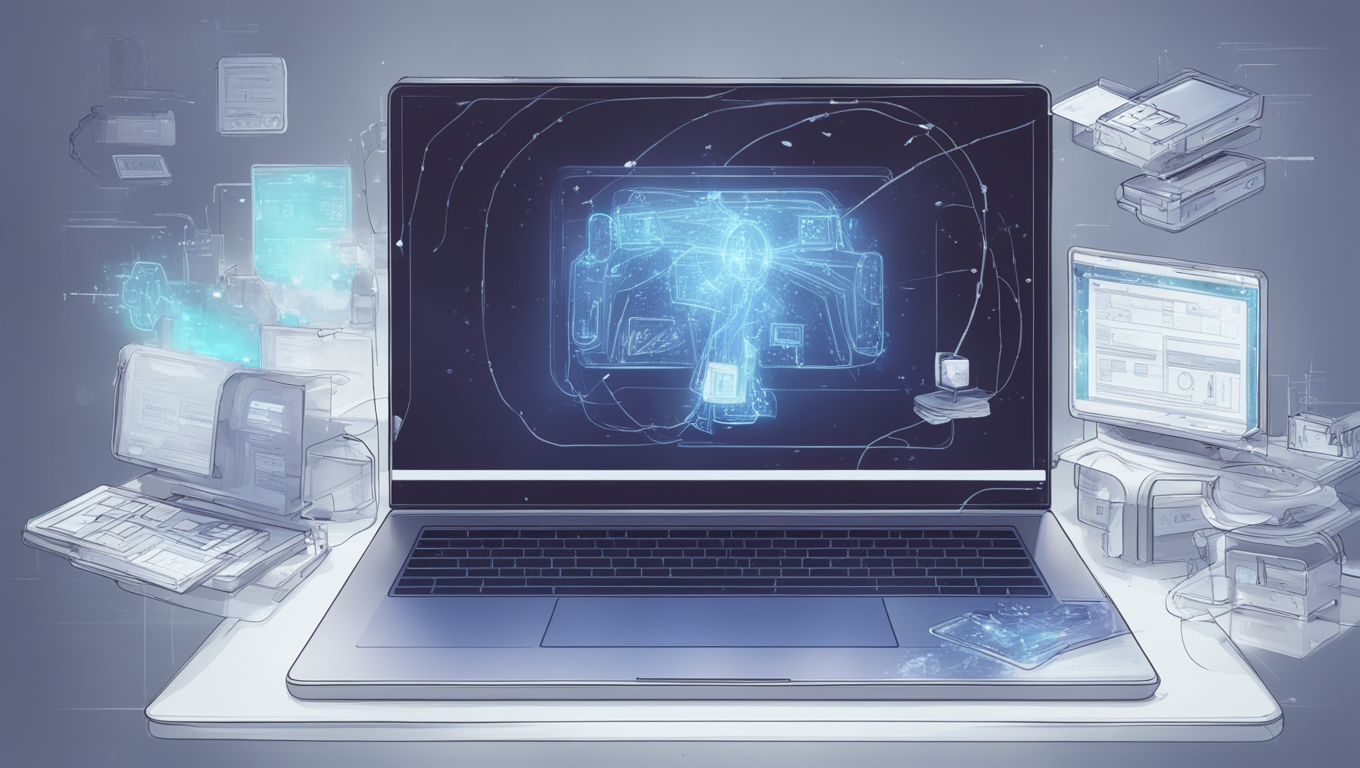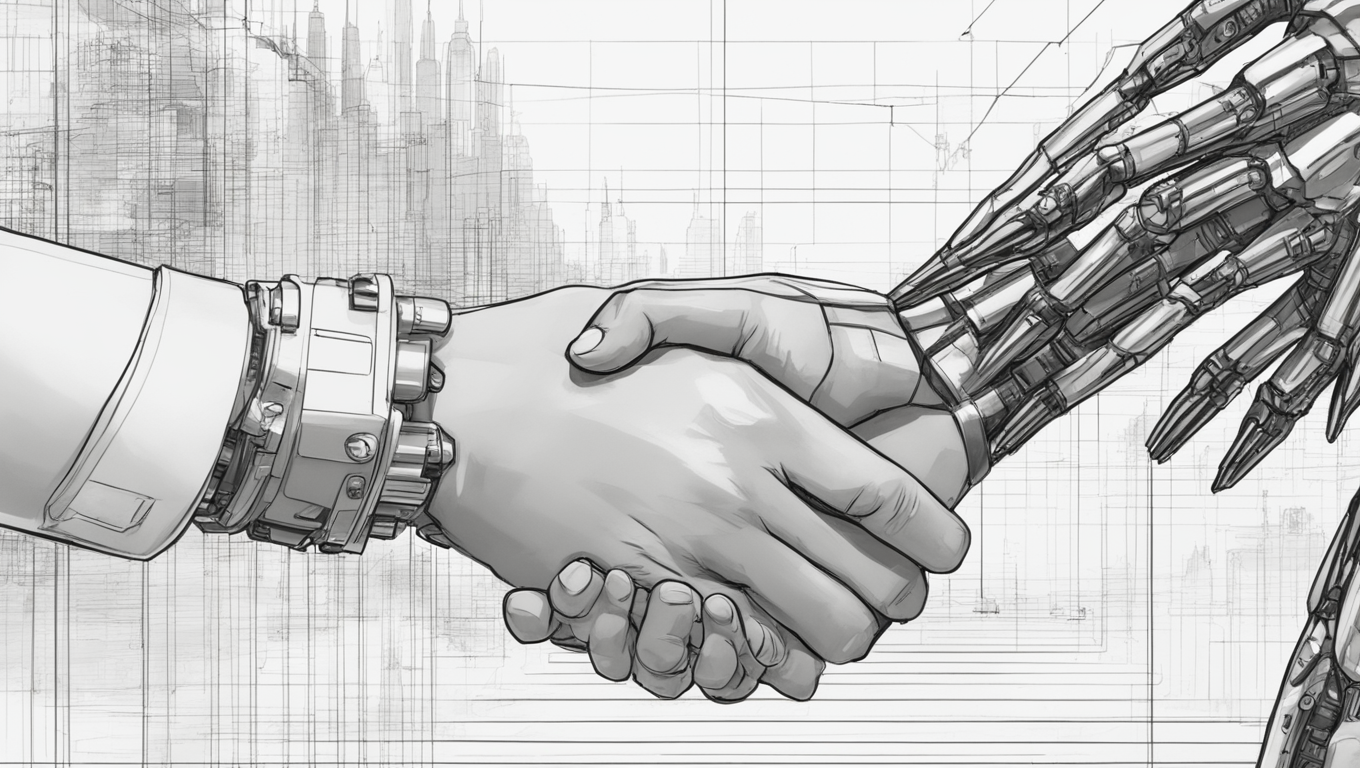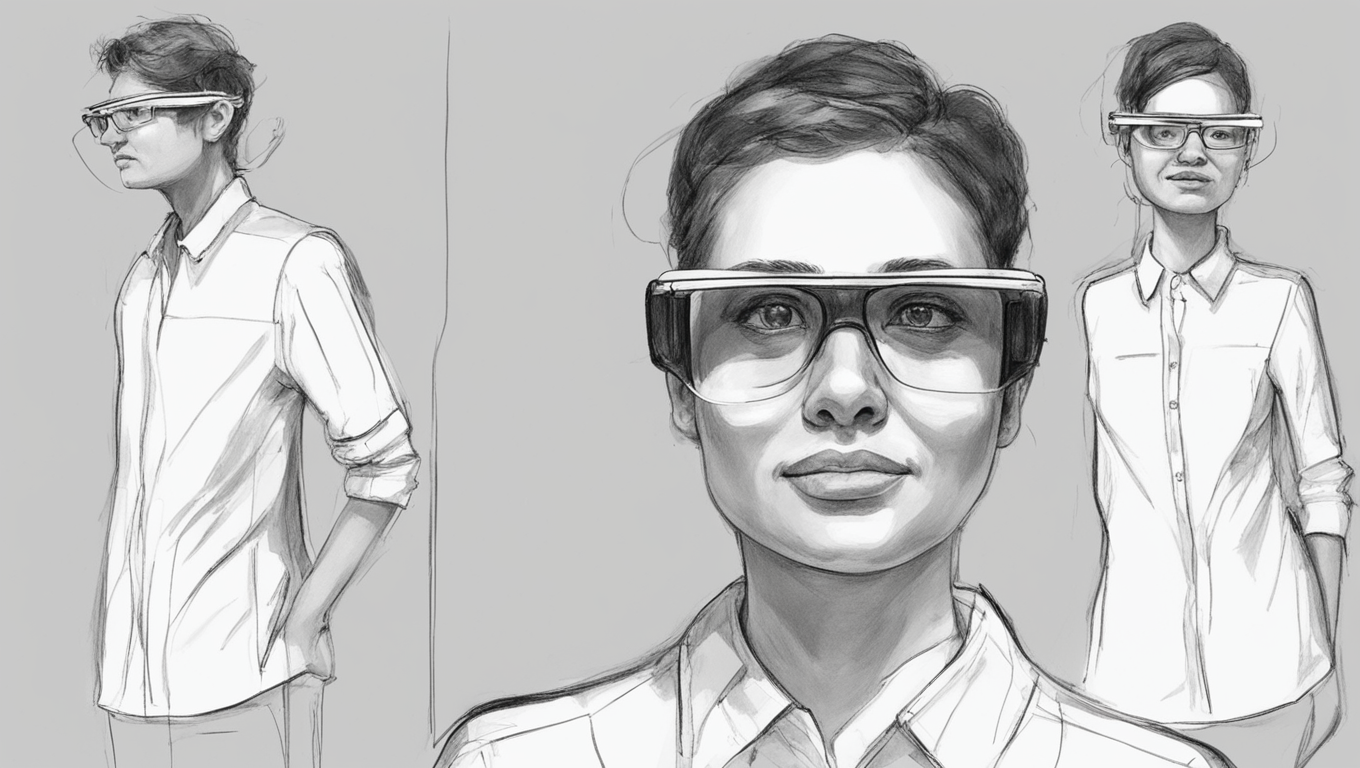Microsoft made a groundbreaking announcement at its developer conference this week, unveiling a new category of PCs integrated with generative AI tools directly into its Windows operating system. The company predicts that over 50 million of these “AI-powered PCs” will be sold within the next year, given the growing demand from developers and the public for digital assistants that can anticipate their needs.
Satya Nadella, CEO of Microsoft, introduced the concept of these AI-powered PCs at a conference held at the company’s headquarters in Redmond, Washington. He described them as “Copilot Plus PCs,” referring to the AI interface in Windows called Copilot. “We have completely reimagined the PC from the inside out,” added Yusuf Mehdi, vice president of Microsoft. He believes that these advancements will provide the strongest reason in a long time for people to upgrade their computers.
The integration of AI into Microsoft’s range of computers is expected to revitalize sales of devices such as laptops and tablets, which experienced a decline of 9% last year. This move comes in the wake of OpenAI’s introduction of ChatGPT in 2022, a breakthrough in generative AI that allows machines to produce content based on simple requests in natural language, enabling unprecedented interaction with computers.
Microsoft, as the main investor in OpenAI, and its rival Google, have been in a race to develop increasingly advanced and intuitive generative AI tools. Apple, Microsoft’s main competitor in the computer and operating systems market, has been relatively quiet about generative AI thus far but is expected to unveil its own innovations in June.
Analysts speculate that Microsoft’s ultimate goal with these AI-powered PCs is to drive more subscriptions to its services and increase usage of their new tools among their user base. This move follows Google’s recent announcement of AI-powered assistants aimed at facilitating various tasks for consumers, ranging from message drafting to meal and vacation planning, and even workout sessions.
The competition between Microsoft and Google in the field of AI has been intense since OpenAI’s emergence in 2022. Google, once considered the leader in AI, seemed caught off guard by the generative AI revolution initiated by OpenAI. However, both companies have been rapidly releasing new and impressive AI models, advanced chips, and tools to cater to developers, businesses, and the general public.
This aggressive strategy has been well-received by Wall Street, as both Microsoft and Google are major players in cloud computing, where the integration of generative AI services for professional clients is already proving successful. Analyst Dan Ives estimates that this sector could bring Microsoft an additional $25 to $30 billion per year by 2025, solidifying Microsoft and OpenAI as the leaders in this AI revolution.
However, regulators are expressing concerns about the rapid expansion of these already powerful companies, as the authorities struggle to regulate their activities effectively.
In summary, Microsoft’s integration of generative AI tools into its Windows operating system represents a significant step forward in the evolution of computers. With over 50 million AI-powered PCs expected to be sold within the next year, it is clear that the demand for digital assistants capable of understanding and anticipating users' needs is growing rapidly. As the competition in the AI field intensifies, Microsoft and Google are at the forefront, constantly pushing boundaries and fueling innovation. While this is good news for investors and users seeking more advanced AI capabilities, it raises concerns about the power and regulation of these tech giants. As we move further into the AI revolution, it will be crucial to strike a balance between progress and oversight to ensure that these technologies are used for the betterment of society as a whole.





Use the share button below if you liked it.